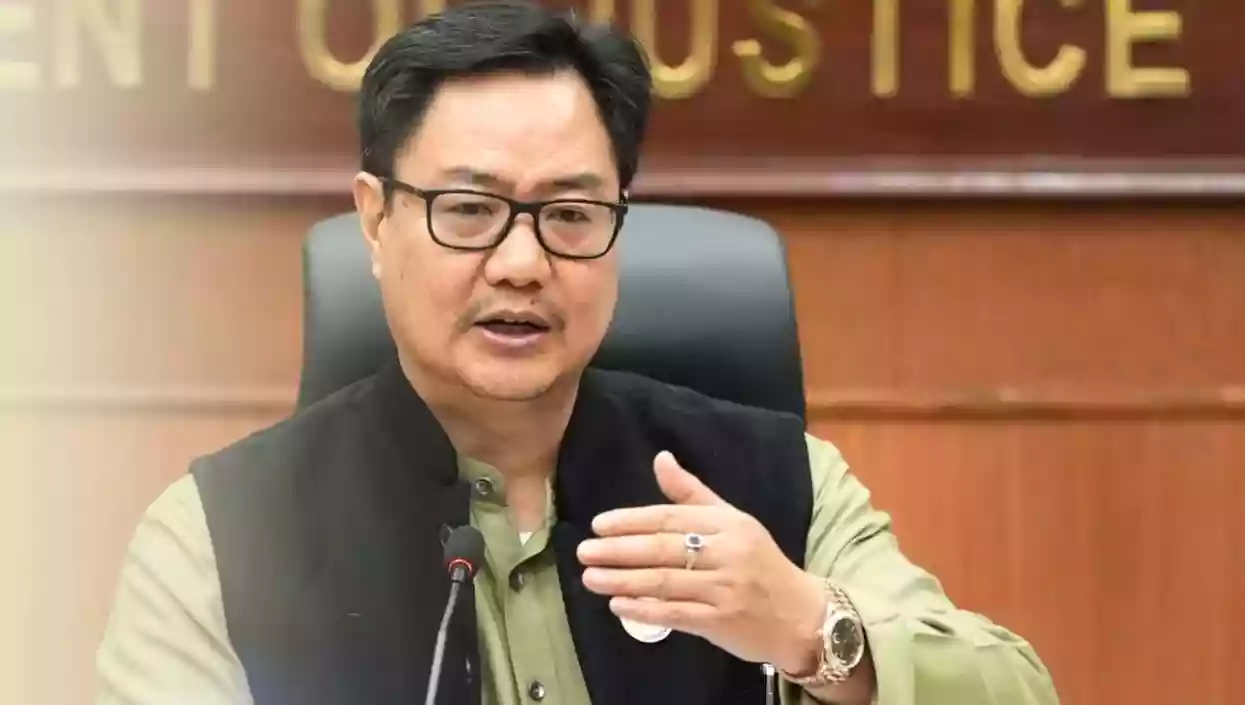Jammu and Kashmir hit by 5.8 magnitude earthquake, no casualties reported
.gif)
.gif)

The contentious Waqf Amendment Bill, which seeks extensive reforms in the constitution and functioning of waqf boards across India, is set to be passed during the upcoming winter session of Parliament, confirmed Parliamentary Affairs Minister Kiren Rijiju. Rijiju stressed that the government is committed to passing the bill, despite criticism from opposition parties and several Muslim organizations.
"We are committed to passing this bill within the winter session. There's tremendous pressure from all over the country, from all sections of society, including the Muslim community, to pass this bill," Rijiju said. The winter session of Parliament is scheduled to begin on November 25, and Rijiju clarified that the Joint Parliamentary Committee (JPC), an all-party body which has already examined the legislation, will submit its findings by the end of the first week of the session.
Following the submission, the bill will be debated and put to vote, Rijiju added, dispelling any doubt that opposition protests, both inside the JPC and outside, would delay the bill’s passage. He also noted that opposition members had actively participated in the JPC’s proceedings, offering suggestions and taking part in field trips to better understand the workings of waqf bodies.
As the Minister for Minority Affairs, Rijiju explained that the provisions of the bill to regulate waqf boards, which manage properties worth several lakhs of crores, had been widely discussed in public forums. He revealed that over a lakh of representations had been received by the ministry, with the overwhelming majority expressing support for the proposed reforms. The government believes that these reforms will bring much-needed transparency to waqf boards, which manage land holdings second only to the defense ministry and Indian Railways.
Rijiju highlighted that recent controversies surrounding notices issued to Christian properties in Kerala and farmers in Karnataka had drawn attention to the arbitrary functioning of waqf bodies. He also pointed out how changes made by the previous UPA government had granted waqf tribunals vast powers, often without adequate accountability.
The Waqf Amendment Bill was initially introduced in the monsoon session of Parliament, along with the Mussalman Wakf (Repeal) Bill, with the goal of reforming waqf boards and improving their management of valuable properties. Rijiju stressed that the reforms were long overdue, as the waqf boards had often been controlled by a few elite Muslim individuals, leaving the wider Muslim population deprived of the benefits.